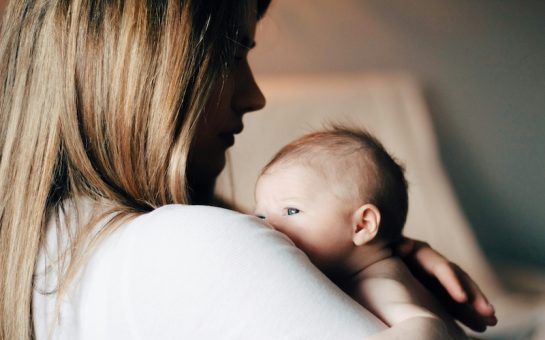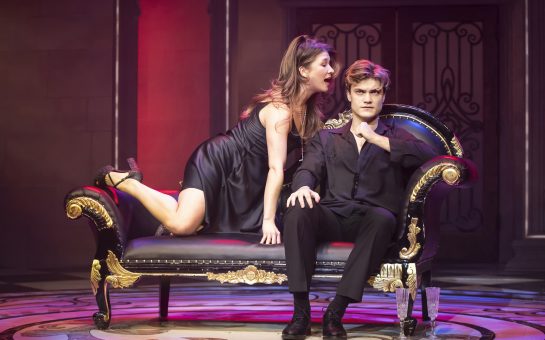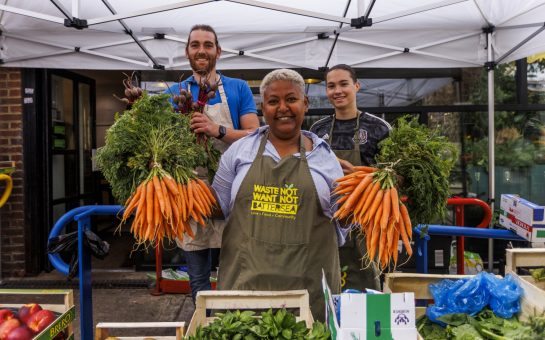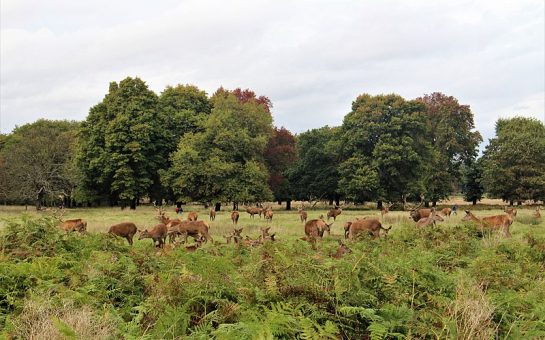Copperfields bookshop is keeping afloat in a struggling climate.

Our high streets have gained apocalyptic properties in the last few years. Small businesses are having to fight the superstores and out of town shopping centres in a gigantic tussle on David and Goliath proportions. Sadly, it’s unlikely the underdog will win.
Coupled with the fact that over 40% of British high streets are now ‘clone towns’, mainly consisting of coffee shops, charity stores, bookmakers and not much else, it appears the struggle is over.
Even David Cameron’s rescue package of ‘Queen of Shops’ Mary Portas, who seemed to offer little more than a token appearance and a tie in reality series, failed to muster any momentum.
But there are still some examples of shops that buck the trend and keep on slogging, despite the pessimistic situation.
One example is Copperfield’s second hand bookshop in Hartfield Road, Wimbledon.
Run by husband and wife Joe and Jane Thubon for the last 13 years, the shop holds a staggering 58,000 books in stock, ranging from Architecture to Zoology.
Unlike the modern sanitised shelves of the shops across the country, this bookshop has almost every available inch of space taken up with the printed word.
Piles and piles of books line up like dusty skyscrapers, with every step carefully negotiated to avoid a demolition job that would bury any unfortunate bystanders.
I even tapped on the wall to make sure it wasn’t made up of battered Mills and Boon copies, whilst outside there’s a plethora of books for a quid.
And their battle has been tougher than most. Printed book sales fell by £74 million in 2012 and combined with falling literacy rates among the younger generation, there doesn’t appear to be a silver lining ahead.
“We struggle at times, like any other small business,” said Joe. “Of course, we always have rent to pay and I think it would be a good idea for councils to help smaller businesses with the problems that they face.
“Parking restrictions don’t help matters and perhaps they (the council) could help with general business costs.”
If those problems weren’t enough, there’s always Amazon to contend with. A 70-80% market share of e-books and a 50% share of books purchased on-line means that their vice like grip on the world of literature, plus their reputation for excellent service, has made the market even tougher.
But even small stores like Joe’s have benefited from on-line shopping.
“We have 6,000 books on-line for sale on a website called ABE Books and that helps us tremendously. Without that we would struggle as a business and it has allowed us to broaden our reach.”
Then there’s the Kindle – the elephant in the room for the dear old paperback and surely the death knell for the printed page.
“I believe they can live side by side,” said Joe.
“Kindles are convenient but I wouldn’t own one personally. I’m a traditionalist in that sense. But I believe that there is room for both.
“Our customers range from housewives to students, from seven year olds to pensioners and prices go from a £1.00 paperback to a £500 rare edition. There’s still a market out there.
“Books have always been around and they always will be in one form or another.”
Joe is remarkably sanguine about the future of his trade and I can’t help but think it’s somehow poetic that one of the few independent shops left around Wimbledon is a bookshop.
One of the remainders of our past is the books our forefathers read and held dear. Without that physical presence on our bookshelves and coffee tables, what use is a machine?
Especially considering reports that there is a real danger of blackouts occurring this winter, partly due to the fact we’ve drained all the electricity away on our tablets, I Phones and Kindles.
Reading by candlelight may well be what we need to rekindle our love affair with the book.
Photo courtesy of K.Suzuki, with thanks.
Follow us @SW_Londoner




